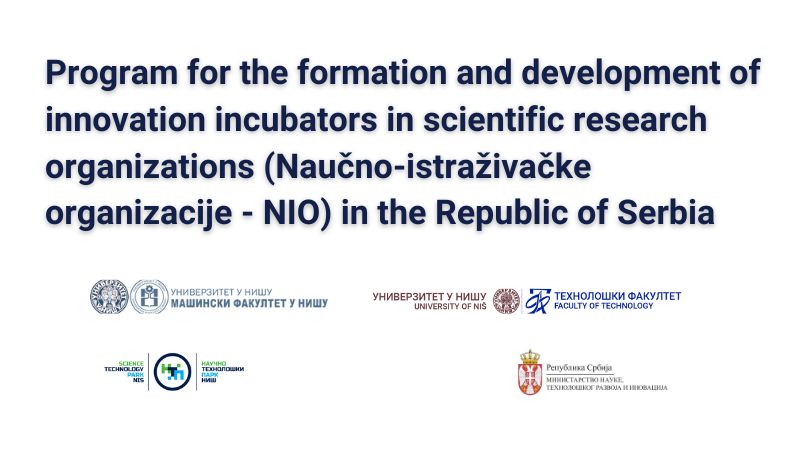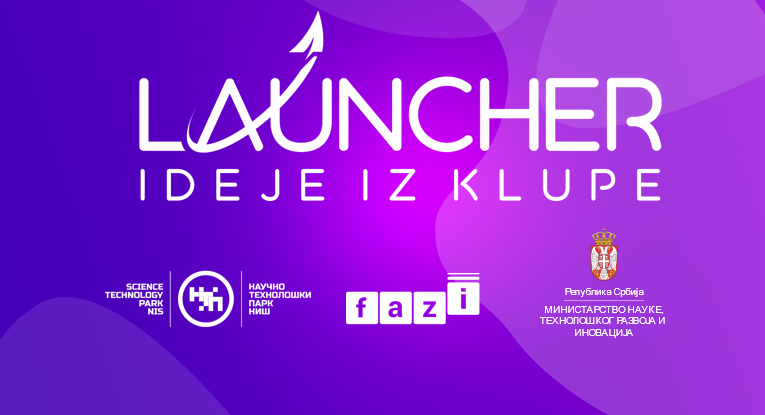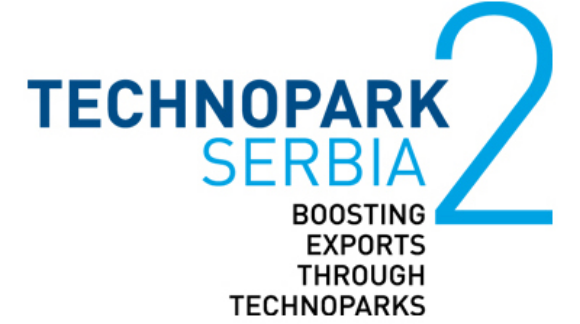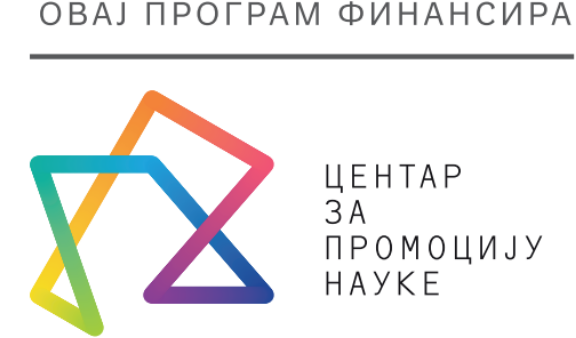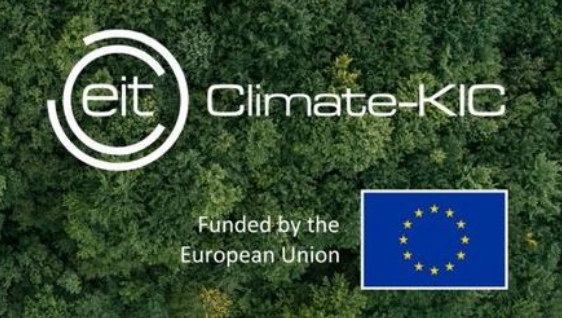Project lead institution: Science and Technology Park Niš
Project partners: Ministry of Science, Technological Development and Innovation, Fazi d.o.o.
Project budget: 12.615.000,00
Financier: Ministry of Science, Technological Development and Innovation, Fazi d.o.o.
Project goal: The goal of the project is to strengthen the capacity of newly founded companies (startups) via the the Launcher acceleration program through training and support from experts in the respective fields. Launcher implies a three-month program of intensive mentoring and financial support for the realization of innovative growth-oriented startup ideas in the early stages of development.
Project activities: Through 12 educational modules, mentoring, and providing financial support, the Launcher program enables startups to develop their innovative ideas, build sustainable business models, and acquire key knowledge necessary for success and growth in the market. The project activities take place in two phases:
Phase 1 – Lectures and Startup Challenge: The first phase includes lectures and a startup challenge in the form of a pitch in the Niš Science and Technology Park. During these events, participants had the opportunity to attend workshops and compete with their innovative ideas. Based on the achieved performances, the teams that will participate in the next phase of the Program were selected. The lectures in this phase include work on the following topics:
Module I – Innovation Ecosystem
Module II – Teamwork and idea
Module III – Lean Startup 101 and Lean Canvas Business Model
Module IV – Funding – Information on available funding mechanisms and programs
Module V – How to Pitch
Phase 2 – Intensive workshops and mentoring: Teams that successfully pass the first phase get the opportunity to participate in intensive workshops and receive mentoring support from experts in the relevant fields. During this phase, teams have the opportunity to further develop their ideas with the support of experts, acquire new knowledge and skills, and improve their business strategies. The planned program of activities takes place within 12 modules, namely:
- Introduction to the startup world
- Introduction to Lean / Lean methodology
- Prioritization and testing of target segments
- Model validation – Customer/problem fit
- Competitive research and positioning strategy
- Problem/solution fit
- Marketing
- Sales tech
- Pitch deck
- Legal regulation and intellectual property protection
- Funding and Programs + Trial Pitch
- Demo Day
This phase culminates in the Demo Day, where teams have the opportunity to present their ideas to a committee. The committee decides on financial support for the most promising teams on the basis of the quality of the presentations and the progress they made during the program, giving them an incentive for further growth and success in their business ventures.
